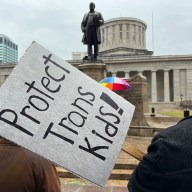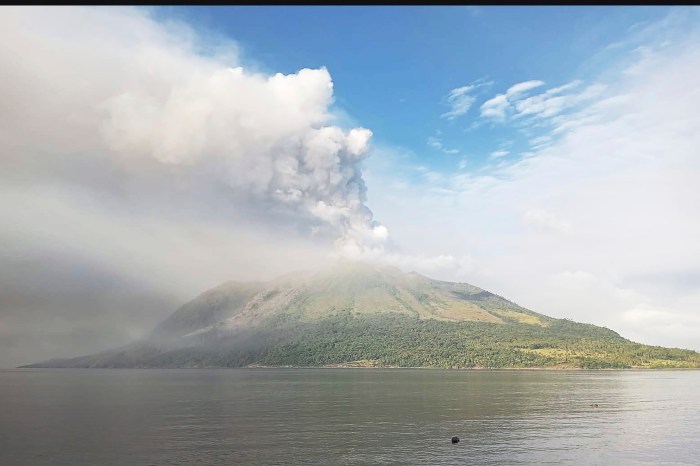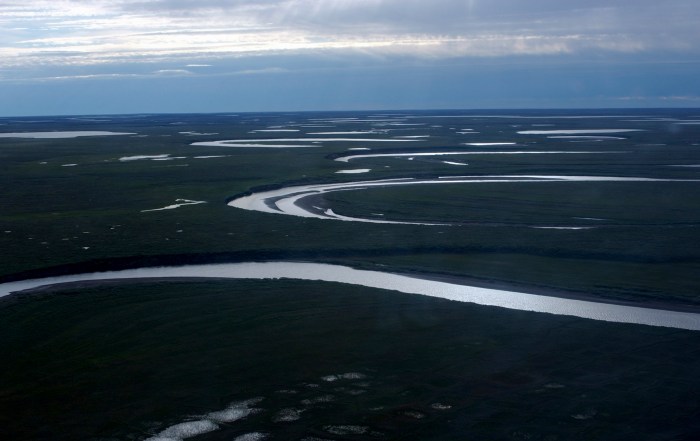For several days, Heathrow and Gatwick airports resembled desert islands — with no airplanes arriving or departing, fewer cars came and left the airports.
That’s good news for the air, report researchers at the Environmental Research Group at Kings College, London. “The pollution we usually see at the airport is simply not there now,” says, the Dr. Benjamin Barratt, the lead researcher. “The air travel ban is almost like global cooling. It stops the climate from heating up.”
Barratt’s team measured air quality around Heathrow and Gatwick for the first five days of the flight ban, and found that the level of the pollutant nitrogen dioxide (NO2) had dropped by almost 50 percent — from 18 to 10 micrograms.
And without cars! According the KCL researchers, the decline in car traffic has likely contributed more to the drop in NO2 than has the halted air traffic.
But instead volcanic ash has spread through the air. While the ash — which consists of tiny glass pieces that can enter airplane engines, melt and cause them to fail — has created havoc for airlines, it doesn’t damage air quality. “This volcanic eruption is remarkably gas-poor,” explains Dr. Matthew Watson, lecturer in natural hazards at the University of Bristol. “The climatological effects of this eruption will be minimal.”
All good news for the air, right? Unfortunately not.
“The improved air quality is completely temporary,” says Benjamin Barratt. “The air travel ban may convince some people of the benefits of train travel, but even then, when the air travel ban is lifted pollution levels return to their previous level.”


















